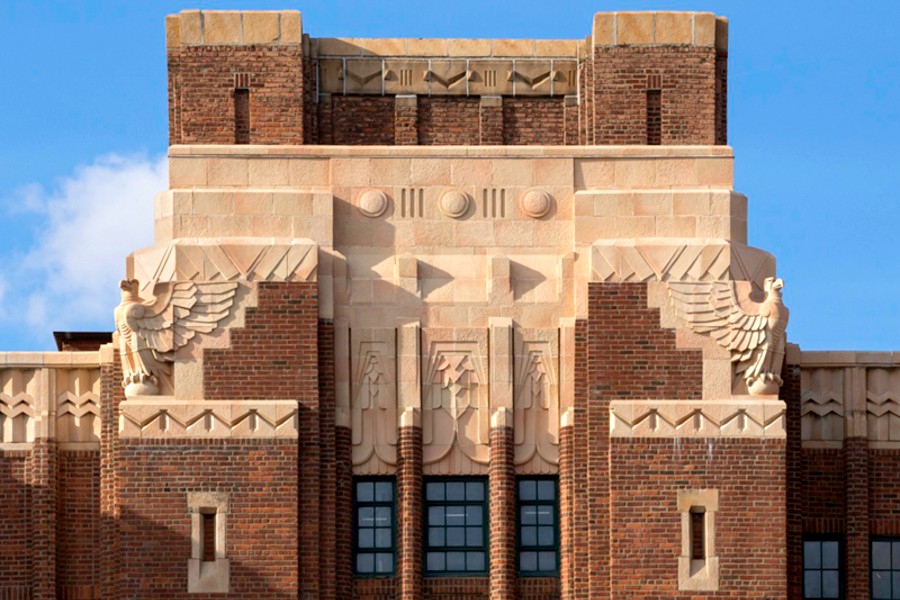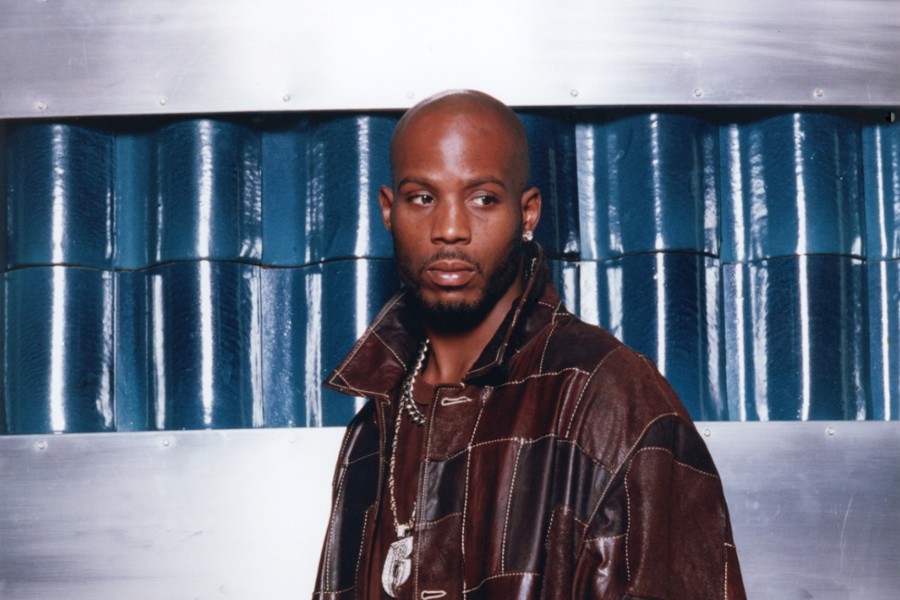
From Harlem to Harare, artists face an unprecedented threat to their livelihoods as artificial intelligence reshapes the creative landscape.
The rapid rise of AI-generated content has sparked a wave of litigation, pitting human creators against tech giants in a battle for intellectual property rights.
The Copyright Conundrum
Artificial intelligence tools like ChatGPT and Midjourney have taken the world by storm, producing everything from poetry to paintings with uncanny skill. But these marvels of technology come with a dark side: they’re trained on vast troves of copyrighted works, often without permission or compensation.
This practice has ignited fury among artists, writers, and musicians worldwide. In a show of solidarity, tens of thousands of creatives—including Oscar-winner Julianne Moore and bestselling author James Patterson—have signed an open letter condemning the unlicensed use of their work to train AI systems.
Legal Battles Erupt
The courtrooms have become the new battleground in this clash between human creativity and machine learning. A class action lawsuit filed by professional writers claims that ChatGPT is “destroying their livelihoods and threatening human creativity”. Similar suits have been launched against tech behemoths like Google and Facebook.
At the heart of these legal challenges lies a fundamental question: Is AI’s use of copyrighted material “fair use,” or is it outright theft?
From New York to Nairobi: A Global Concern
The impact of AI on creative rights knows no borders. In Harlem, some artists are concerned their murals might be scraped and replicated without credit. Across the Atlantic in Harare, Zimbabwe’s burgeoning tech scene grapples with the ethical implications of AI development.
The Future of Creativity
As courts and legislators struggle to keep pace with technological advancements, the creative community faces an uncertain future. Will AI enhance human creativity or render it obsolete? The answer may lie in striking a delicate balance between innovation and protection.
One thing is clear: from the bustling streets of New York to the vibrant art scenes of Africa, the fight for artists’ rights in the age of AI has only just begun.
To proactively support artists’ rights, several steps can be taken:
- Register copyrights: Artists should register their work with the relevant US Copyright Office, which provides stronger legal protection and entitles them to statutory damages in case of infringement.
- Use clear contracts: When collaborating or licensing work, artists should always use detailed contracts that specify project parameters, payment terms, ownership rights, and royalties (reach out to local artists and national artist organizations).
- Include copyright notices: To assert their rights, artists should add copyright notices (e.g., © 2023 Artist Name) on their websites and social media profiles.
- Join professional organizations: Becoming a member of industry associations or artist unions can provide access to legal resources, advice, and advocacy (American Federation of Musicians (AFM), https://www.afm.org, National Oil and Acrylic Painters’ Society (NOAPS), https://www.noaps.org, American Association of Community Theatre (AACT) http://www.aact.org.
- Monitor usage: Artists should keep an eye on how their work is used both online and offline, using tools to locate instances of unauthorized use.
- Educate themselves: Staying informed about copyright and intellectual property laws relevant to their field is crucial for artists to protect their rights.
- Use watermarks and low-resolution images: When sharing work online, artists can use watermarks and low-resolution images to deter potential infringers.
- Maintain proper documentation: Keeping clear records, emails, and certificates helps artists prove ownership of their intellectual property.
- Consider protective coatings: For murals and public art, artists can use protective coatings to preserve their work.
By taking these proactive measures, artists can better protect their rights and ensure they receive proper recognition and compensation for their creative efforts writes Harlem World Magazine.
Photo credit: Campbell Soup Cans, WIki.
Latest Posts
- AI’s Creative Takeover: Copyright Chaos From Harlem To Harare
- GHCC Celebrates Phylicia Rashad At Year-End Gala In Harlem Hotel
- Sponsored Love: DTF Printing After Washing Color Depth Analysis And Solution
- Effective Ways To Grow Your Threads Followers
- Earthy Sophistication: Why Earth Tone Tuxedo Suits Are A Must-Have
Become a Harlem Insider!
By submitting this form, you are consenting to receive marketing emails from: . You can revoke your consent to receive emails at any time by using the SafeUnsubscribe® link, found at the bottom of every email. Emails are serviced by Constant Contact








